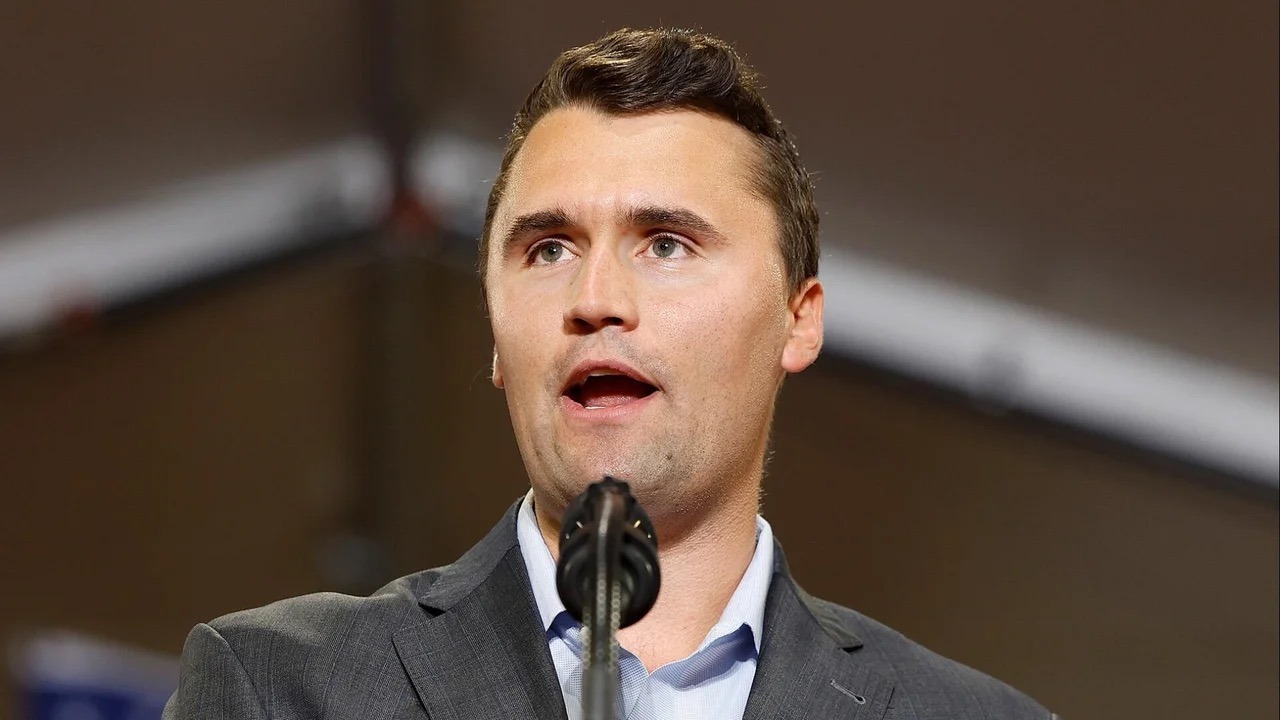
Understanding the Role of Pastors in Community
In today’s world, the expectation placed upon pastors often resembles that of political figures. However, the intrinsic role of a pastor is deeply rooted in spiritual guidance and community support rather than political influence. For families seeking to nurture faith within their homes, understanding this distinction is paramount.
Why Pastors Aren't Politicians: A Biblical Perspective
The primary purpose of a pastor, as stated in the Bible, is to shepherd the flock, not to navigate the murky waters of political gamesmanship. This vocation involves providing spiritual nourishment, fostering community bonds, and guiding congregants through life's challenges using biblical teachings. For families, this means that their pastors are resources for living out their faith rather than becoming embroiled in partisan politics.
The Importance of Community Engagement
While pastors do engage with societal issues, their activism is grounded in service and love, reflecting Jesus' teachings. When families focus on community engagement rather than political maneuvering, they foster environments for intergenerational cooperation and unity. Volunteering at local shelters or organizing community events can bring families closer, serving the essence of Christ's command to love our neighbors.
Practical Tips to Foster Faith at Home
For families navigating the complexities of modern life, incorporating faith into daily routines can be a rewarding endeavor. Here are actionable insights:
- Family Devotionals: Set aside time each week for family devotionals that reflect on Scripture and its application to everyday life.
- Participate in Local Church Events: Encourage children and teens to join youth activities which foster friendships grounded in faith.
- Engage in Prayer: Make prayer a family activity, discussing its importance and encouraging everyone to share their thoughts and experiences.
These practices can reinforce the spiritual foundation and create an environment where faith flourishes within family units.
Lessons from the Life of Jesus
Jesus exemplified the perfect balance between spiritual leadership and community service. He interacted with people from all walks of life without engaging in the politics of His day. For families, drawing from His example can be a blueprint for how they should engage with the world, making a clear distinction between their faith journey and the political landscape.
Creating a Legacy of Faith in Families
The narrative of being a Christian family extends beyond Sunday services; it’s about creating lasting memories that echo faith's importance. Families who actively live out their beliefs set a foundation for future generations to follow. Teaching children the value of loving their neighbors through action rather than debate nurtures a legacy built on love and service.
Understanding that pastors aren't meant to be politicians gives families the freedom to explore their faith without the cloud of political allegiance. Instead, they can focus on building relationships with their pastors and community, leading to stronger, more resilient families anchored in biblical teachings.
By prioritizing the spiritual role of pastors and focusing on community building, families can thrive in an often divisive world. As we navigate these times together, let us remember the words of Hebrews 10:24-25: "And let us consider how we may spur one another on toward love and good deeds, not giving up meeting together, as some are in the habit of doing, but encouraging one another—and all the more as you see the Day approaching." It’s a reminder to hold fast to our faith and encourage each other in love.
Call to Action: Strengthen Your Family’s Faith Together
As a family, consider how you can put these insights into action. Engage with your local church, volunteer in your community, and create a family faith ritual. Each step you take towards community engagement reinforces the teachings of Jesus and helps build a legacy of faith for your children.
 Add Row
Add Row  Add
Add 








Write A Comment